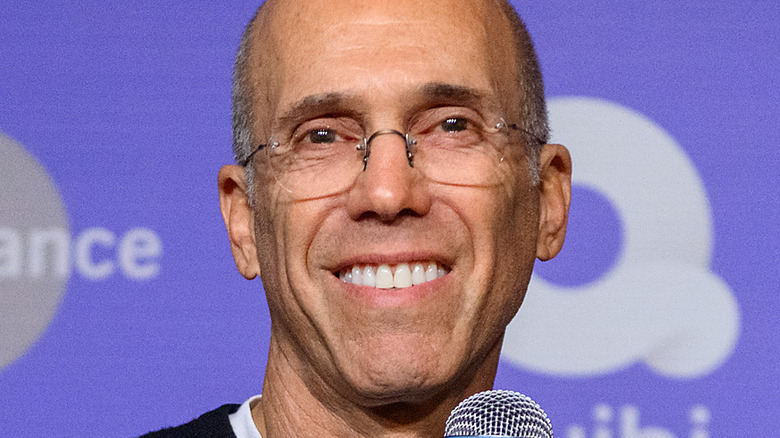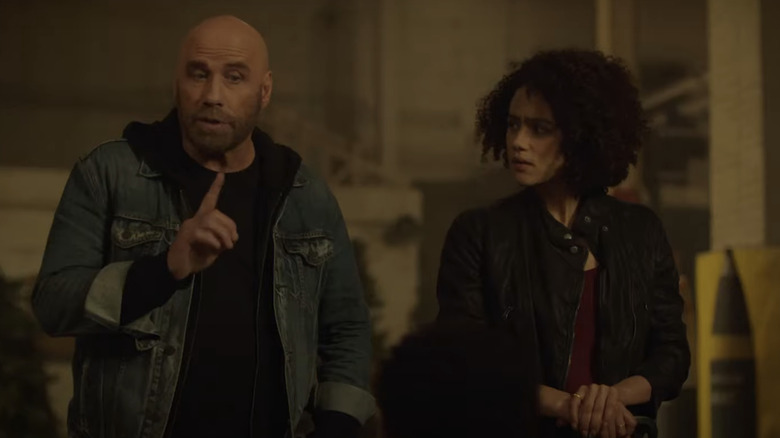Here's How Quibi Bolstered Roku Originals' Emmy Fortunes
While the COVID-19 pandemic brought production delays to several TV shows and movies, it also affected tons of emerging businesses for the worse. One of the most public short-lived endeavors to flounder during the 2020 TV season was the ambitious short-form streaming platform Quibi — a portmanteau of the words "quick" and "bites," referring to the platform's 10-minute long episodes. Quibi was intended to be a place for a younger demographic to enjoy short-form content, but ultimately due to the pandemic and a general lack of interest, it closed up shop by the end of the year.
Though Quibi didn't quite make the mark its founders intended, it still managed to do well at the 2020 Emmy Awards. Several Quibi shows including "#FreeRayshawn" and "Most Dangerous Game" were nominated for various awards, racking up an impressive 10 Emmy Award nominations between them (via Variety). Despite the last-minute award recognition, Quibi's demise left tons of original content on the auction block — many with big stars like Anna Kendrick and Kevin Hart at the helm. Roku seized the opportunity, and now the streaming player has snagged some Emmy nominations thanks to its legacy Quibi content.
Quibi Originals earned Roku Emmy nods
In early 2021, Roku purchased the exclusive global distribution rights to Quibi's original content for less than $100 million (via The Wall Street Journal). It looks like the acquisition was a smart move for the Roku team, and well worth the price paid. The Quibi Originals were rebranded as Roku Originals, and according to Deadline: "From launch through June 3, more Roku active accounts streamed a Roku Original than the number of Quibi accounts that streamed Quibi shows during the start-up's entire run."
To top it off, some of the Quibi-turned-Roku Originals — "Reno 911!," "Die Hart," and "Mapleworth Murders" — earned Roku a total of eight Emmy nominations for the 2021 award season, which is notably more than media giants like Fox and Paramount+ earned (per Deadline). Since Quibi had already crashed by the time Emmy nomination votes were cast, Roku ended up benefitting in the long run, and we'd say it more than made up for what the company paid.

